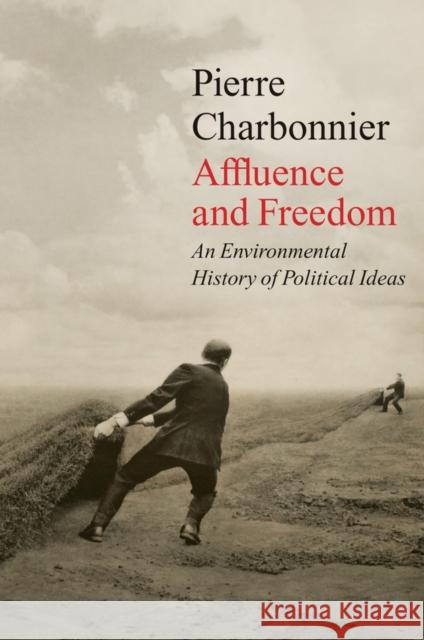Affluence and Freedom: An Environmental History of Political Ideas » książka
topmenu
Affluence and Freedom: An Environmental History of Political Ideas
ISBN-13: 9781509543717 / Angielski / Twarda / 2021 / 328 str.
Affluence and Freedom: An Environmental History of Political Ideas
ISBN-13: 9781509543717 / Angielski / Twarda / 2021 / 328 str.
cena 308,07
(netto: 293,40 VAT: 5%)
Najniższa cena z 30 dni: 305,55
(netto: 293,40 VAT: 5%)
Najniższa cena z 30 dni: 305,55
Termin realizacji zamówienia:
ok. 30 dni roboczych.
ok. 30 dni roboczych.
Darmowa dostawa!
Kategorie BISAC:
Wydawca:
Polity Press
Język:
Angielski
ISBN-13:
9781509543717
Rok wydania:
2021
Ilość stron:
328
Waga:
0.65 kg
Wymiary:
23.01 x 15.01 x 3.0
Oprawa:
Twarda
Wolumenów:
01
Dodatkowe informacje:
Bibliografia











